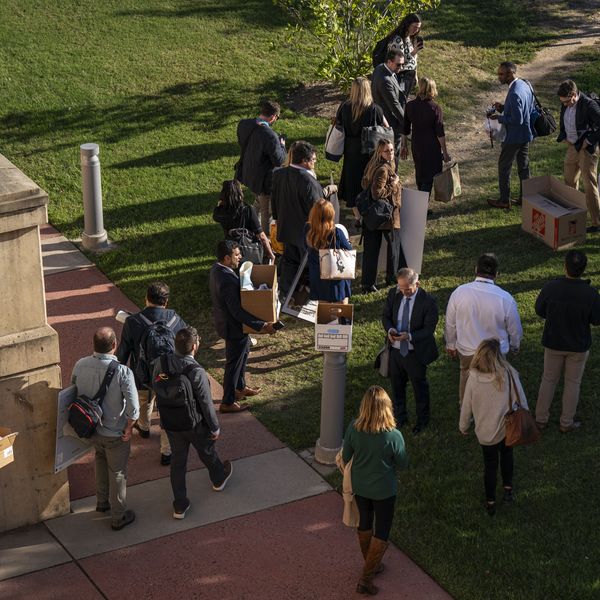On the home page today of the New York Times, the lead story (10/5/16) bears the headline: "Contractor for NSA Charged in Possible New Theft of Secrets." Describing the arrest of Harold T. Martin III, a contractor for the National Security Agency accused of taking classified documents, the home page teaser reports, "The arrest raises the embarrassing prospect that for the second time in three years, a contractor managed to steal secrets."
The main story's headline continues the same emphasis: "NSA Contractor Arrested in Possible New Theft of Secrets." The second paragraph states:
The arrest raises the embarrassing prospect that for the second time in three years, a contractor for the consulting company Booz Allen Hamilton managed to steal highly damaging secret information while working for the NSA. In 2013, Edward J. Snowden, who was also a Booz Allen contractor, took a vast trove of documents from the agency that were later passed to journalists, exposing surveillance programs in the United States and abroad.
The article goes on to say, "The information believed to have been stolen by Mr. Martin appears to be different in nature from Mr. Snowden's theft, which included documents that described the depth and breadth of the NSA's surveillance."
The problem with all this talk about the "theft" and "stealing" of secrets is that while Snowden, one of the most prominent whistleblowers of the modern era, has indeed been charged by the federal government with theft--along with two violations of the Espionage Act--he's been convicted of no crime. Were he to stand trial, he would no doubt try to offer a public interest defense of his actions--as the Parliamentary Assembly of the Council of Europe has urged that he be allowed to do--saying that the need to expose government wrongdoing overrode the law against unauthorized release of government documents.
The Times may believe that such a defense would be unsuccessful--and no doubt many legal experts would agree with that assessment. Still, it's unusual for the journalists to assume that someone accused of a crime is guilty, in effect taking the role of judge and jury upon themselves.
Such an assumption is particularly problematic in this case, because the same section of the legal code that is used to charge Snowden with theft of "any record, voucher, money, or thing of value" also criminalizes "whoever receives, conceals, or retains the same with intent to convert it to his use or gain, knowing it to have been embezzled, stolen, purloined or converted." There is no explicit exception for journalists there, any more than there's an exception for whistleblowers.
If we're going to call Snowden's documents "stolen," then journalists frequently receive "stolen" records from sources and use them as the basis for stories--as the Times itself has done with documents released by Snowden. If Snowden is a thief, then the New York Times is a fence.
One shouldn't have to point out to journalists that this interpretation of the law is fundamentally incompatible with the First Amendment and, ultimately, with democracy: When exposing evidence of government crimes is a crime, there is no check on the power of the state.


